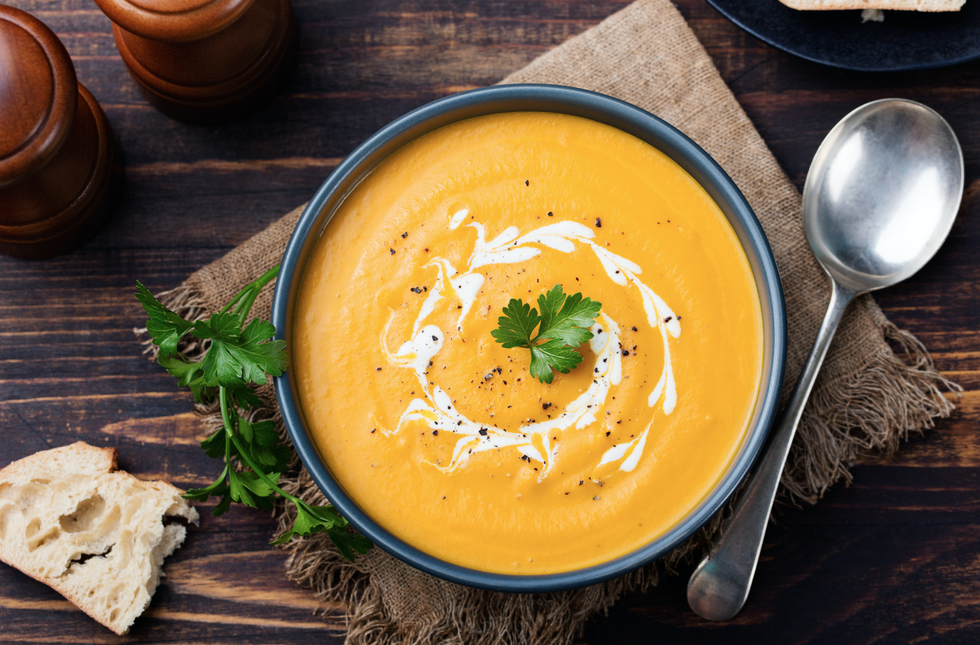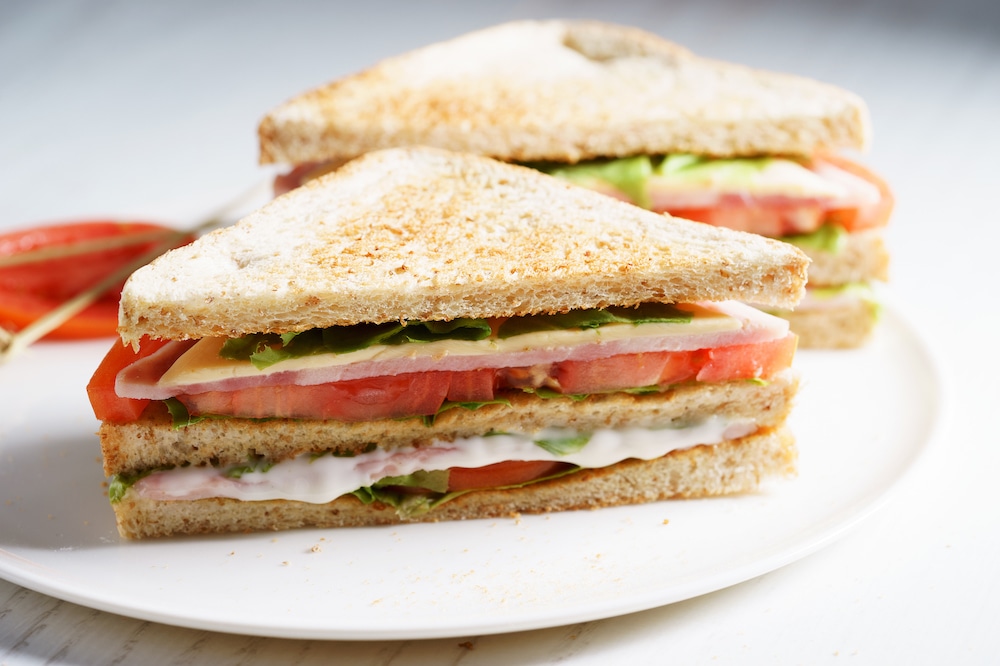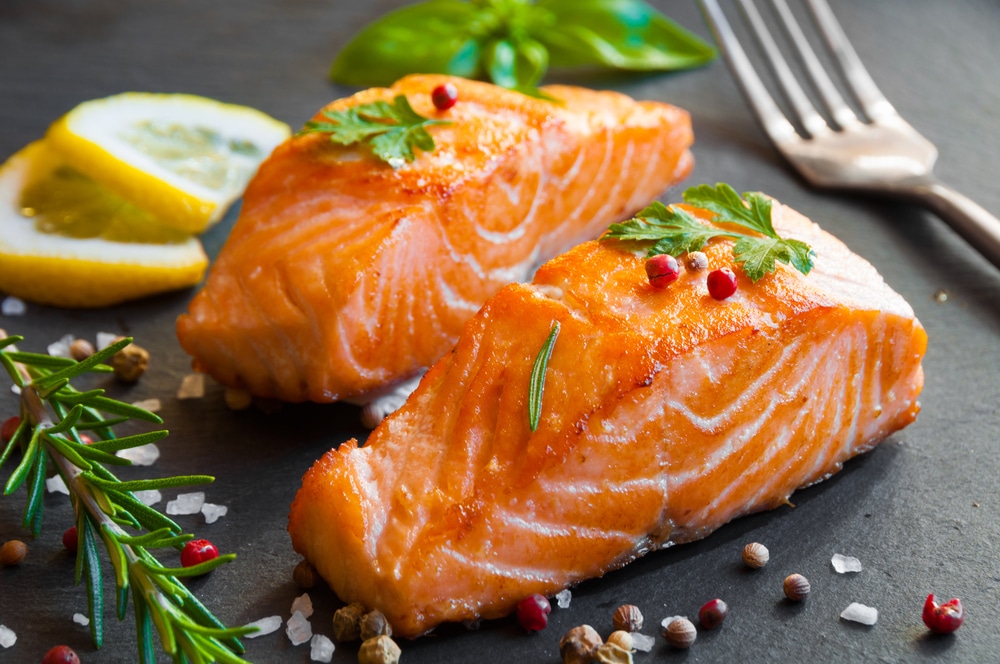
Feb 27, 2023 | Advice, Health, Nutrition
Ensuring a person with dementia eats a balanced diet can be a challenge. Here are some common issues that may occur and how to deal with them. Cravings for sweet foods can increase It’s common for a person with dementia to consume excessive amounts of sweets,...

Jan 25, 2019 | Advice, Nutrition
Dehydration can be an issue for the elderly. According to research conducted at the University of East Anglia, one in five people living in care homes are not drinking enough fluid. Even mild dehydration can increase the risk of falls, confusion, pressure ulcers and...

Jan 18, 2019 | Advice, Nutrition
Nutrition is also a key part of health and wellbeing, but it can be a challenge to ensure the person is eating a balanced diet, especially if they are elderly. Appetite can decrease with age, and a person may lack the motivation to prepare healthy meals or they may be...

Jun 2, 2018 | Health, Nutrition
A person with dementia can experience changes in appetite which can affect their health if they are not getting enough nutrients. Helen Drain, Dementia Trainer & Deputy Training Team Leader at Christies Care (christiescare.com) has some advice on managing the...

May 14, 2018 | Health, News, Nutrition
An international study by scientists in the China, the UK and USA has found that people who consume little or no fish have an increased risk of dementia. The study of nearly 7,000 participants aged over 60 in six provinces in China reveals that people who consumed...






